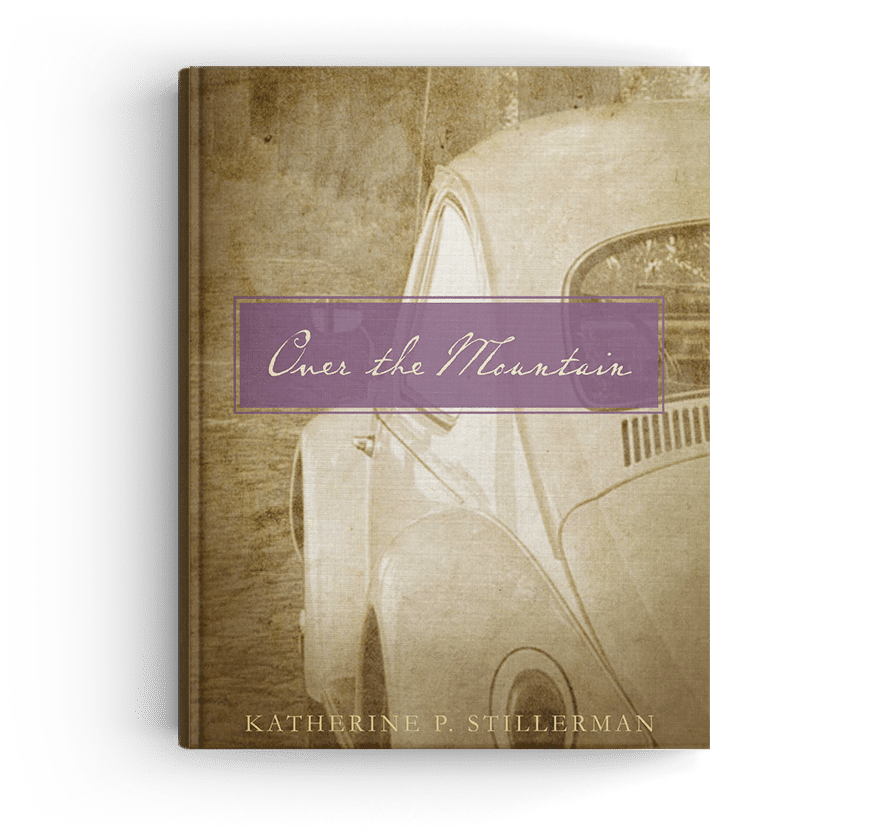SIGN UP FOR UPDATES AND TO RECEIVE NOTIFICATIONS OF NEW POSTS AND BOOKS BY EMAIL.

Over the Mountain
Over the Mountain
A coming of age story set in Alabama in the sixties, during the turbulent era of civil rights and the Cold War.

It’s 1961, and Harriet Elizabeth Oechsner has almost completed her sophomore year in high school, when she’s faced with the dreaded news that her family is moving again. This time it’s because her father Erik’s liberal theology and commitment to social justice has angered his parishioners, and he’s been forced to resign from his church after only a year as pastor.
The resulting move thrusts the five members of the close knit Oechsner family into a community bathed in privilege, steeped in tradition, and staunchly resistant to change. Mountain Brook, a suburb of Birmingham, Alabama, is a community separated only by a mountain ridge from the struggle for human rights being waged on the other side. And yet, it’s a community so distanced by privilege and color from its parent city and the needs of the poor and disenfranchised within, that it may as well be on the other side of the world.


